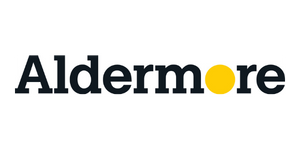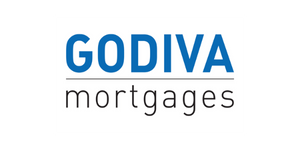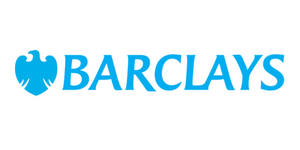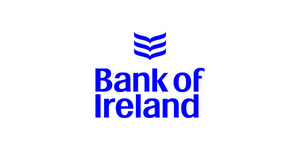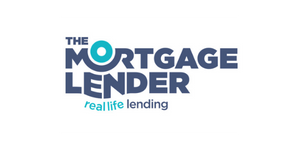What is a holiday let mortgage?
A holiday let mortgage is a mortgage arranged for a property used for holiday or seasonal rentals. These rentals are usually organised on a short-term basis.
Don’t get confused, this is different than obtaining a second property for you to use as a holiday home.
How do holiday let mortgages work?
A holiday let mortgage lender will assess the amount you can borrow based on the property’s seasonal income, rather than regular rental income. They may require the borrower to have a minimum personal income to cover mortgage repayments.
You cannot use the property as a primary residence. If you change the use of the property, you will need to change your mortgage type.
Mortgages for a holiday home
You can get a mortgage for a holiday home, just like for a standard Buy-to-Let property. The mortgage will have specific terms related to its use as a holiday let. Lenders will consider factors such as rental income, location, and potential costs. A holiday let is more like a business proposition than just an investment.
If you intend to use the property or change the use of your home while still mortgaged, the same requirements will also apply.
If you’re buying a holiday home for your own holiday use, lenders will see it as a second home mortgage. They will look at your income and expenses to decide how much you can borrow, instead of looking at rental income.
Holiday let mortgage criteria
Investing in a holiday let property can offer high rental yields. However, lenders have specific criteria because of the complex nature of this type of rental. Each lender has their own rules but, in general terms, expect some of the following:
- Applicants will need to own their own home
- Minimum age 21
- Minimum earned income (other than the subject property rent) £20,000 pa
- Max loan calculated using an average of the rental income for high, mid and low season rates
- Minimum deposit 25%
Each lender has their own criteria for holiday let mortgages. Talk to a qualified expert for tailored advice.
How much deposit do I need?
When applying for a holiday home mortgage, most lenders require a minimum 25% deposit. If the property is for personal use, most lenders require a 10% deposit for a residential mortgage.
A bigger deposit can lead to a better deal, like lower interest rates and more flexible loan terms. Loan-to-value ratios may vary depending on the lender and the specific circumstances of the property and borrower.
We advise speaking to an experienced holiday let mortgage advisor to discuss the details of your situation.
How much can I borrow with a holiday let mortgage?
Understanding how much you can borrow for a holiday rental is important when evaluating the value as an investment.
A holiday let will typically have a varied level of income throughout the year, unlike a regular rental property. Lenders will check how much you can borrow based on the average rental value during high, mid, and low seasons.
This assessment helps them to gauge the property’s value and your loan repayment capacity. This helps them understand the property’s overall value and your ability to repay the loan.
The interest rate used for the calculation will have a stress rate applied to it. This varies from lender to lender, but the following is a general guide:
Fixed rate less than 5 years or a variable rate = 125% @ 5.5% interest
Fixed rate of 5 years or more = 125% @ 5% interest
For example:
- High season @ £700 pw
- Mid-season @ £500 pw
- Low season @ £300 pw
Average equates to £500 pw over 30 weeks = an annual rental figure of £15,000
Using the above calculation for a 5-year fixed loan or longer, the most you can borrow is £206,896. This is subject to any maximum loan-to-value.
Finding the best holiday let mortgage rates
The holiday let market is a relatively specialist area and it can be much easier to navigate if you have an expert to help. This is especially true when looking at interest rates.
As this type of lending has a smaller market, there are fewer options for lenders. However, having fewer choices doesn’t necessarily mean you’ll get worse interest rates.
Interest rates share similarities with Buy-to-Let rates and are determined by factors such as:
- The size of deposit or amount of equity
- Your credit history
- Property type
- Expected rental income
Can I get an Interest-Only mortgage for a holiday let?
Yes, you can arrange a holiday let mortgage on the same basis as any other Buy-to-Let mortgage. You can set up the loan on an interest-only, capital and interest, or a combination basis.
Some may opt for interest-only mortgages for holiday lets to reduce the risk of unstable income and rental voids.
If you borrow money with interest-only, you must plan how to repay it and have a repayment plan in place.
Holiday let mortgage advice
The holiday let market is a niche area of lending and typically comes with much less choice. Obtaining a holiday let mortgage can be challenging because of the limited number of lenders and varying criteria.
Lenders have different criteria, so finding those that can help you with your specific needs can take time.
A holiday let mortgage broker can help find the best mortgage for your needs and make the process more enjoyable.



